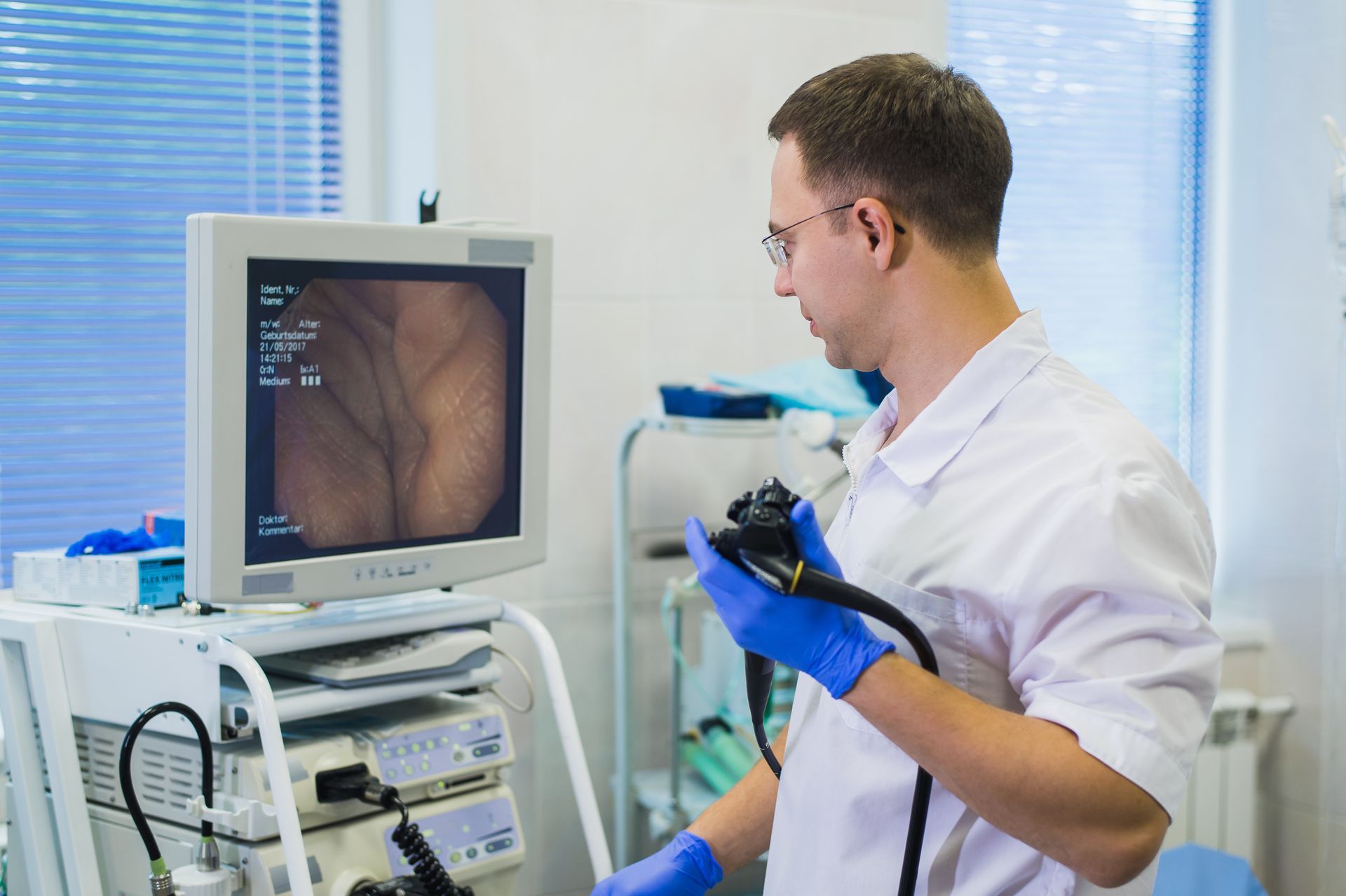What's the Difference Between Acid Reflux and Achalasia
Different health conditions can present similar symptoms and signs. This is especially true when dealing with gastroenterological issues. One of the most common stomach conditions that impact 1 in 5 Americans is GERD. Gastroesophageal Reflux Disease, also known as acid reflux, or heartburn is when stomach acid, partially digested food, and other stomach contents enter your esophagus, causing a burning sensation and discomfort. While this is a commonly diagnosed and treated issue, it also presents similarly to a less common condition called Achalasia. Achalasia affects only 1 in 100,000 Americans and requires a different treatment method. If Achalasia goes untreated or inappropriately treated, your symptoms and damage to your esophagus will continue and may become irreversible.
How Does Achalasia Differ from GERD?
Both conditions are affected by the lower esophageal sphincter. This is the barrier between your esophagus and your stomach. With acid reflux, this barrier doesn’t close when it should; for Achalasia, it doesn’t open when it should. This means that when the lower esophageal sphincter doesn’t open, food gets stuck at the bottom of the esophagus, creating heartburn.
How Can You Determine if You Have Achalasia Instead of Acid Reflux?
If you feel stomach contents coming back up after you swallow, it’s likely acid reflux. However, if you have trouble swallowing, or feel like your food is getting stuck in your esophagus, it may be Achalasia. If that is the case, you need to see a gastroenterologist. Your gastroenterologist has a few options to test for this condition. An endoscopy, a barium swallow, and esophageal manometry can all reveal how your esophagus is working.
What Treatments are Available for Achalasia?
Because the cause of Achalasia is different from the cause of acid reflux, reflux treatments won’t relieve your symptoms. Depending on your situation, your doctor may recommend:
- Pneumatic Dilation – This is an outpatient procedure where a balloon is inflated in your esophagus to open the lower esophageal sphincter. This procedure may need to be repeated in the future.
- Botox® Injection – This is an endoscopic procedure where Botox® is injected to relax the sphincter muscle, causing it to open. This needs to be repeated annually.
- Surgery – One of the most common and trusted treatment methods is a Heller myotomy. This surgical procedure cuts a hole in the lower esophageal sphincter.
What Treatments are Available for Acid Reflux?
Because acid reflux is such a common condition, there are several common treatments.
- Weight loss – Reducing your BMI, even moderately, can reduce the severity and frequency of acid reflux symptoms.
- Changes in Diet – High-fat foods, acidic foods, and caffeine all exacerbate acid reflux symptoms. Therefore reducing these types of food can, in turn, lower your chances of having acid reflux.
- Quit smoking – Nicotine may relax the lower esophageal sphincter, allowing acid and other stomach contents back into the esophagus. So reducing, or eliminating nicotine can help with acid reflux.
If you’re experiencing abdominal pain, or if these other symptoms persist, you need to see a gastrointestinal specialist. A gastroenterologist can determine the cause of your pain and treatment plan specifically for you. Our team of gastroenterologists in Panama City is here to help, so schedule an appointment today.
CONTACT
850-763-5409
ADDRESSES
4 LOCATIONS
204 E 19th Street, B, Panama City
12216 Panama City Beach Pkwy, D, Panama City Beach
4295 3rd Ave, Marianna
101 Good Morning St., 109B, Port St. Joe
Subscribe to our newsletter:
subscribe to our newsletter
We will get back to you as soon as possible.
Please try again later.



